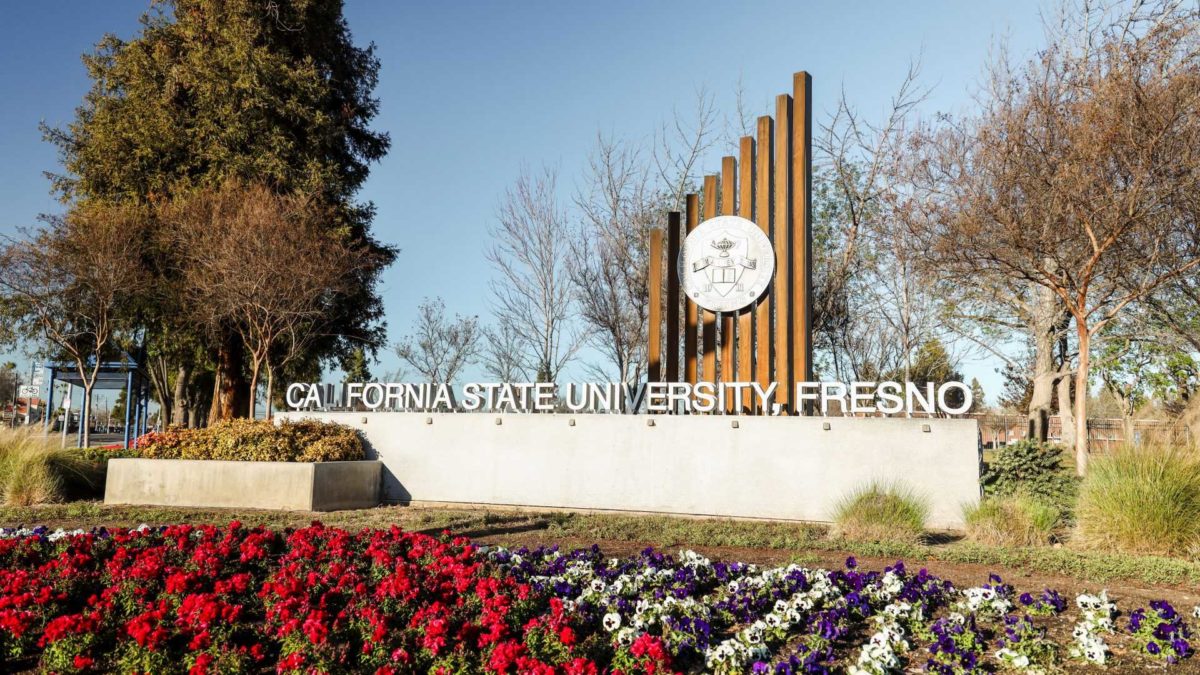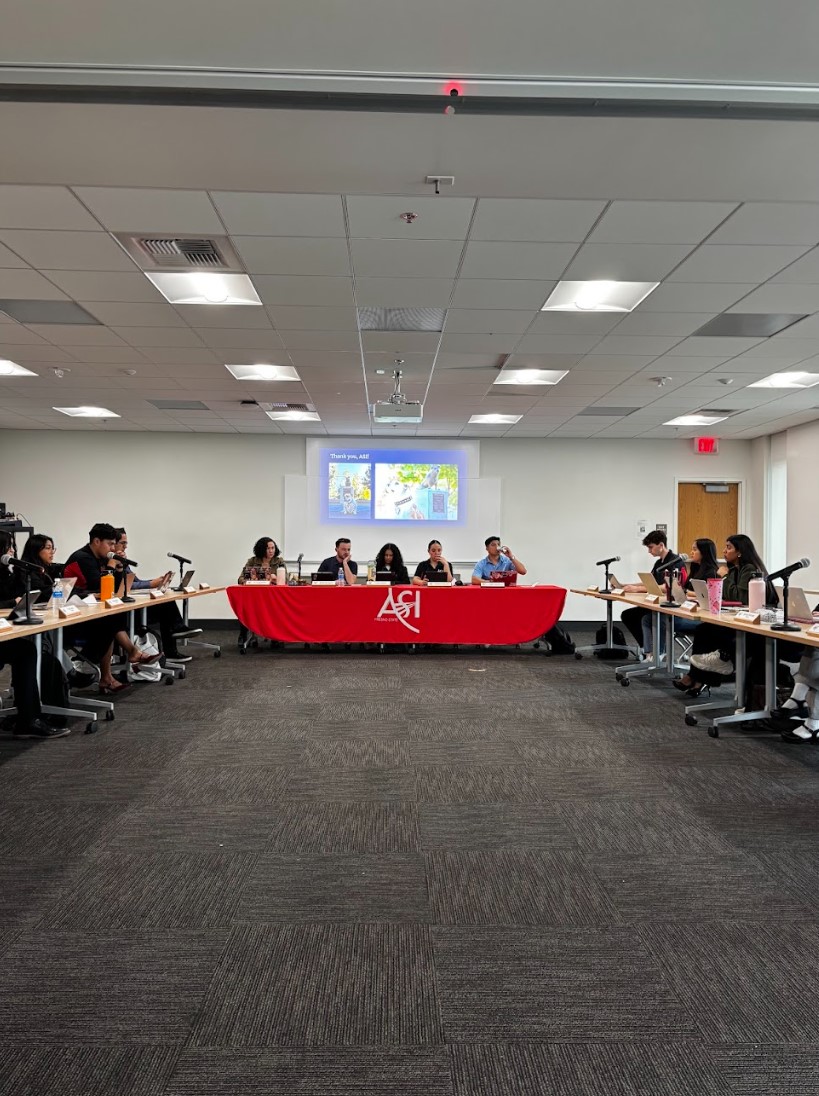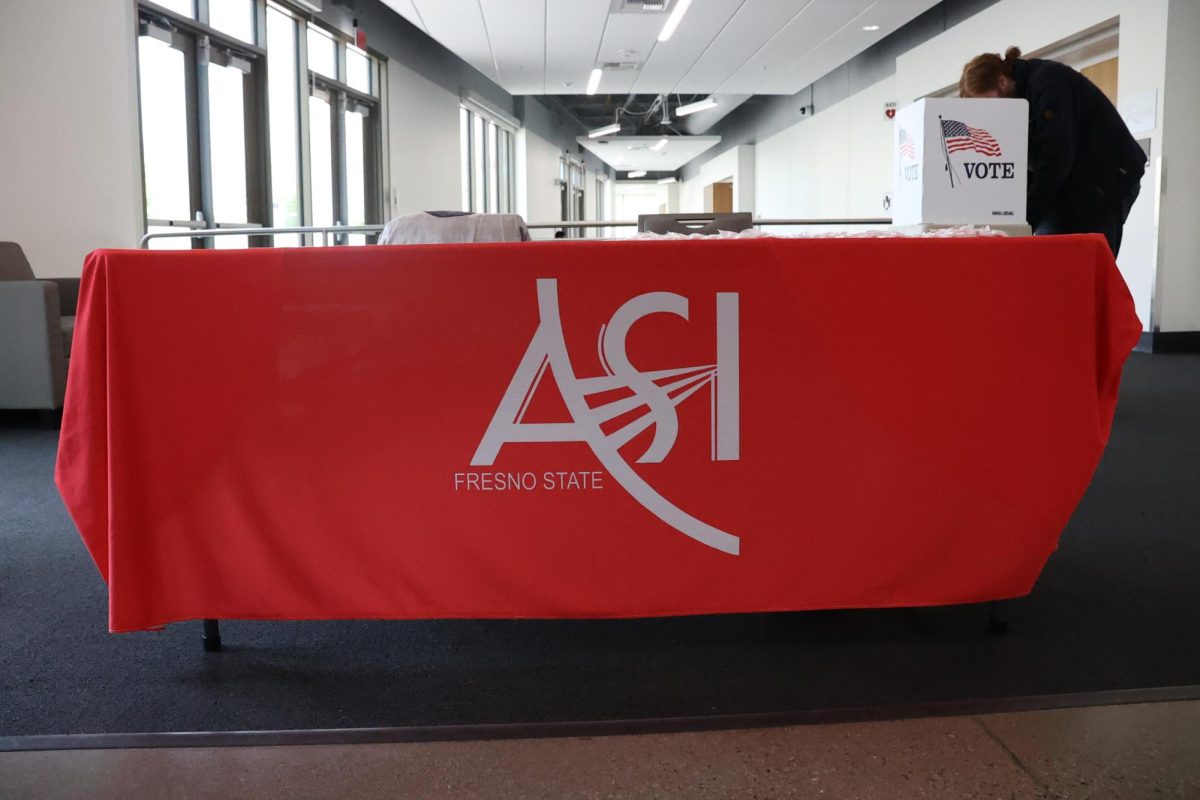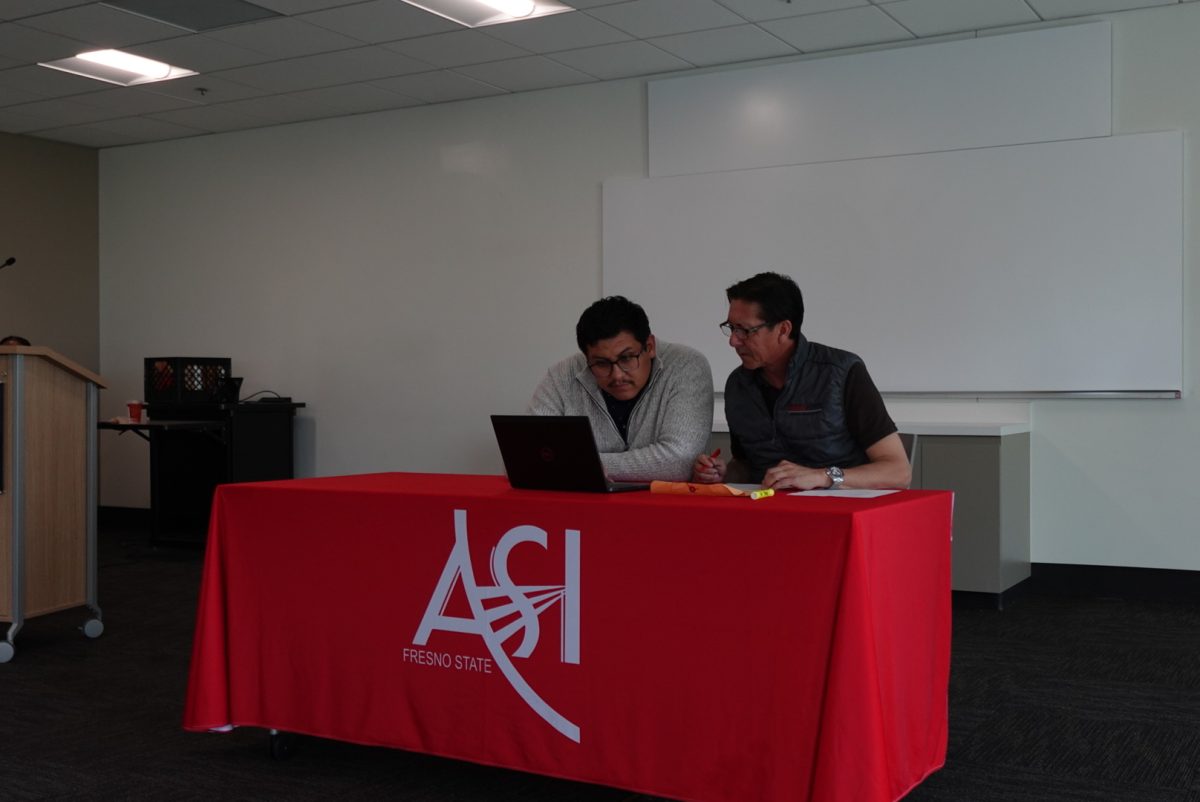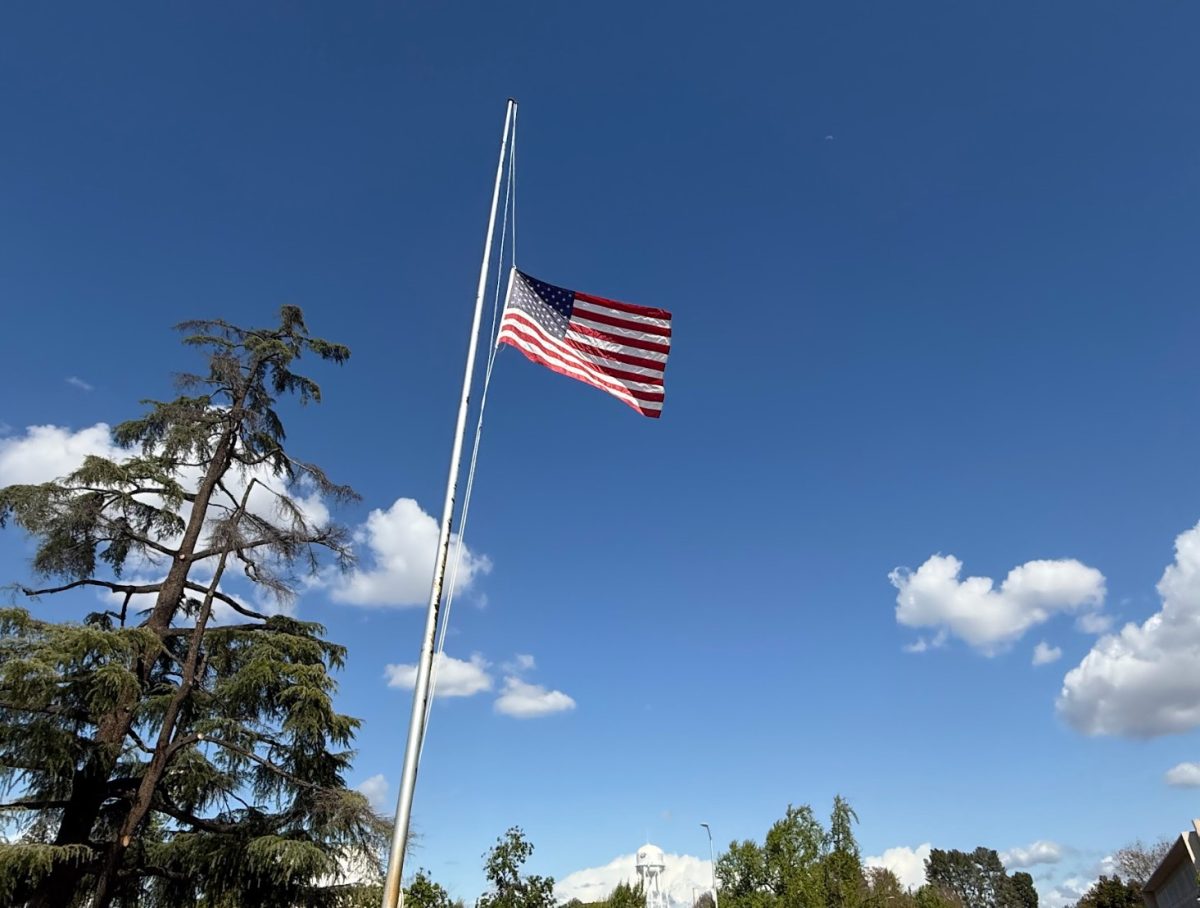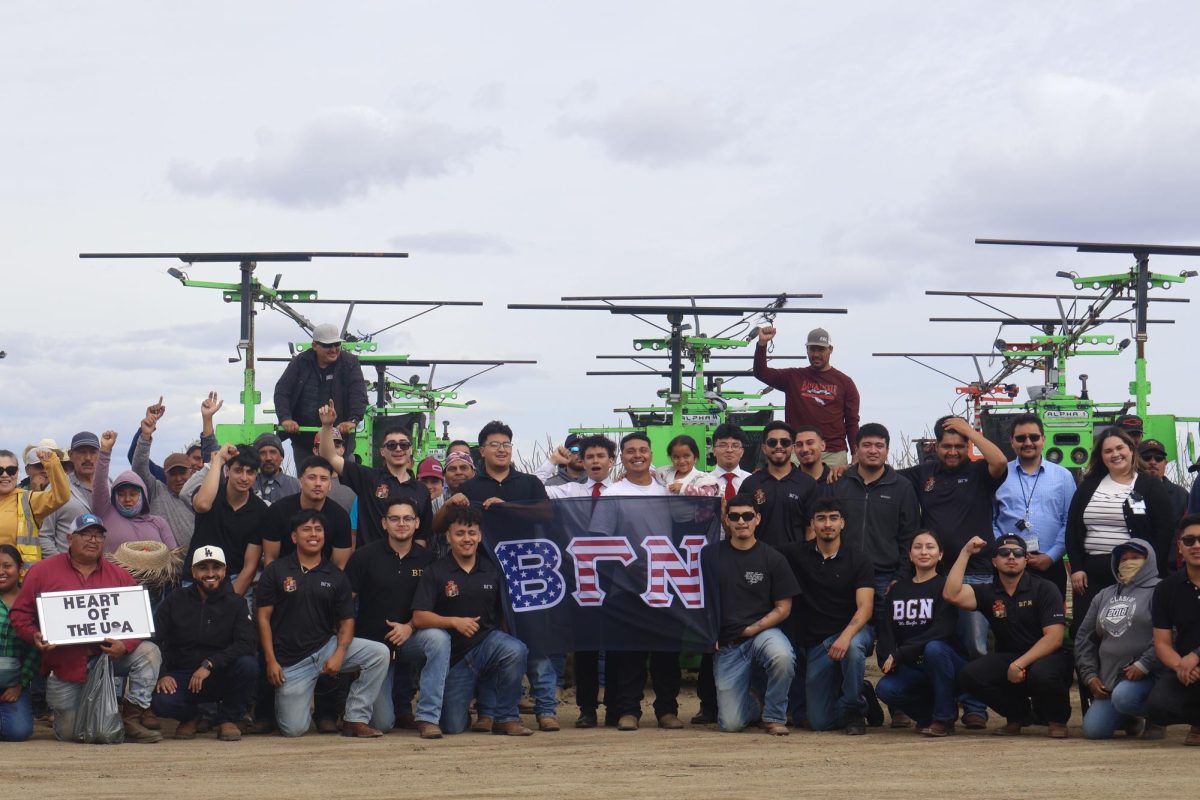The CSU Board of Trustees will vote on a tuition increase proposal during its next meeting at 8 a.m. Wednesday, Sept. 13.
On Sept. 6, the California State University system held a press briefing via Zoom to answer questions from student media about the CSU’s multi-year proposal.
Cal State officials say the proposal is meant to enhance education quality while still keeping costs at CSU campuses affordable compared to other universities.
“What we’re trying to do with this increase is strike a balance,” said Steve Relyea, executive vice chancellor and chief financial officer of the CSU. “It is important for us to continue to provide education for our students that is affordable and a better financial alternative that delivers more value than other higher education options.”
Should the proposal pass the CSU Board of Trustees, the statewide tuition fee on all CSU campuses will increase by 6% every academic year for five years, starting with the 2024-25 academic year.
The current yearly statewide tuition fee for full-time undergraduate students is $5,742. That cost would increase to $7,682 by the 2028-29 academic year. Full-time graduate students currently pay $7,176 and would have to pay $9,612 at the end of the five years.
A May financial report stated that the CSU system is facing a budget gap of about $1.5 billion. This financial gap means not enough money is being spent to cover certain costs such as those meant to support student programs and sufficient staffing.
This also includes facility maintenance, which Relyea says is one of the CSU’s biggest concerns.
“The needs of the CSU in the capital area, in terms of maintenance of classroom buildings and infrastructure on campuses, is one of our biggest needs,” he said.
The Fresno State campus currently has $350 million in deferred maintenance funds.
While Cal State officials are saying this tuition hike is meant to bring in more revenue to enhance education quality on all CSU campuses, the proposal has students concerned about affording higher education.
“It sounds like a good end result but an unfortunate way to do it,” said Peyton Manning, a first year student at Fresno State. “It’s expensive to go to college now. I’m lucky that I have a lot of scholarships.”
During the briefing, Ryan Storm, assistant vice chancellor of the CSU, showed percentages of just how much financial aid covers students’ cost of attendance.
“There are 60% of our students that cover their full tuition with non-loan financial aid, so things such as our State University Grant, Cal Grant program and scholarships,” Storm said. “Then there’s 18% who cover their costs partially with non-loan aid under the assumption that the rest of the costs are paid out-of-pocket and another 18% that didn’t apply for financial aid. The remaining 4% applied for aid and pay their tuition with student loans.”
Storm also assured that the increase would not negatively affect students who cover their full tuition costs with grants.
“The University State Grant and Cal Grant programs are set up in a way that whatever the rate of tuition is, those students will not be paying that tuition. If tuition were to go up, the state says we will provide the funding to support whatever tuition is being charged at the CSU,” he said.
For some students, however, even financial aid that covers full tuition isn’t enough because they have to put in a few extra hours of work to pay non-educational expenses these grants don’t cover.
“I don’t think it’s worth it [to charge students more tuition]. I’m working two jobs and it’s hard for me to pay bills right now,” said Leonardo Guzman, Fresno State junior.
Mariah Garcia, a junior, doesn’t completely oppose the proposal but thinks it should only go through if it will truly contribute to student success.
“I feel like it’s never a good idea unless our money is going toward things that benefit us as students on campus,” Garcia said.
Garcia says that she herself isn’t in a tough economic situation, but acknowledges that the cost of being a commuter student adds up.
“I live in Hanford which is about a 45 to 50-minute drive from here, so I do have to fill up my gas tank every week, and that costs about $70,” she said.




